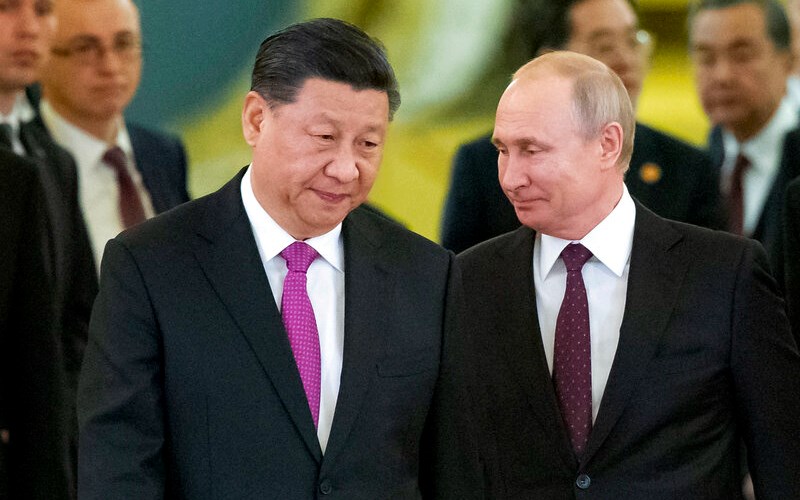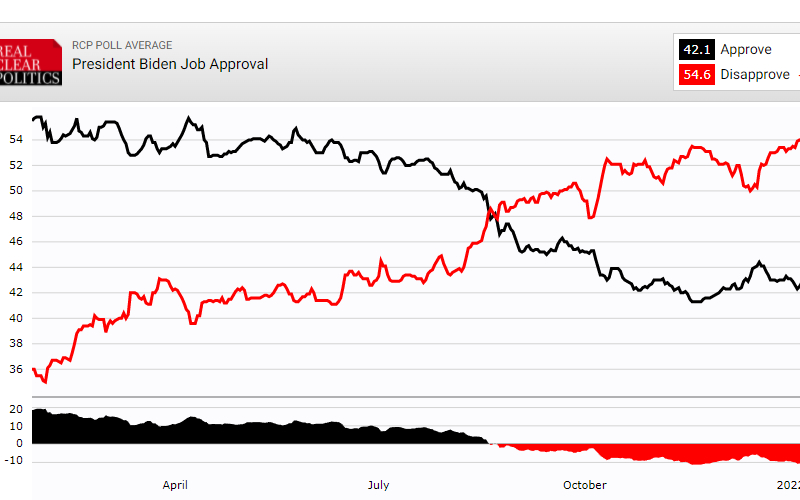American Family News spoke to Col. Dan Steiner (USAF-Ret.), who has no doubt China is watching the United States and Russia as tensions reach an all-time high between Russia and the former Soviet satellite state Ukraine – and Russian President Vladimir Putin is fully aware of it, Steiner adds.
 "When Putin puts his head on his pillow at night and dreams about Russia 50 years from now, he's not worried about the U.S. flag flying over Moscow," he says. Instead, says Steiner, Putin is more worried about the prospect of the Chinese consuming Russian territory and other mutual interests around the world.
"When Putin puts his head on his pillow at night and dreams about Russia 50 years from now, he's not worried about the U.S. flag flying over Moscow," he says. Instead, says Steiner, Putin is more worried about the prospect of the Chinese consuming Russian territory and other mutual interests around the world.
As a result, Steiner suggests, the Chinese are studying how Russia is going to deal with the United States' involvement as the crisis in Eastern Europe escalates. From his perspective, the communist regime is doing it for two reasons.
First, the retired Air Force colonel determines China is going to use the opportunity to leverage what's happening in Eastern Europe against the United States.
"They're looking for ways to spin [the Russia-Ukraine crisis into an example] that convinces Asia that if the United States is not there for the Ukraine, then they surely aren't going to be there for [Taiwan]," he explains.

In a similar vein, as the U.S. Senate closes in on legislation to sanction Russia, Steiner says the Chinese regime is also watching the U.S. response to the type of pressure Russia is putting on the Ukraine, including the build-up of forces at the border and strong words from Putin.
Amid little action by the U.S. on the matter, the Chinese regime is contemplating whether "mirroring" the same tactics Russia is using would elicit the same reaction from the U.S. over an invasion of Taiwan, he explains.
"Even if China doesn't consider this an opportune time to invade Taiwan, they are still learning valuable lessons that could help them be more successful in the future," he indicates.
 Secondly, Steiner is convinced the Chinese regime has an equal desire to leverage what the Russians are doing against the United States and Ukraine as it will relate to future control of "the stans" – five Central Asian countries* with names ending with the Persian suffix "stan," which means "land of." Once controlled by the former Soviet Republic, many of those countries are rich with valuable minerals and other resources.
Secondly, Steiner is convinced the Chinese regime has an equal desire to leverage what the Russians are doing against the United States and Ukraine as it will relate to future control of "the stans" – five Central Asian countries* with names ending with the Persian suffix "stan," which means "land of." Once controlled by the former Soviet Republic, many of those countries are rich with valuable minerals and other resources.
"The fact that the Chinese have a long-term vision towards the stans is a reality – and the Russians know it," Steiner contends. And, according to the global strategist, that's "a potential rubbing point down the road" between the Russians and the Chinese over the stans.
* Kazakhstan, Kyrgyzstan, Tajikistan, Turkmenistan, and Uzbekistan







